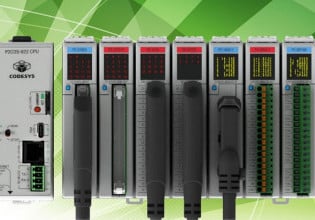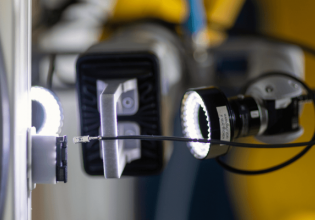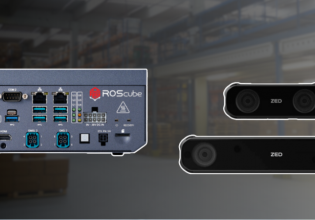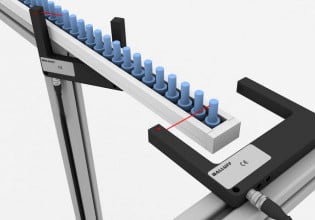J
Automation Listers :
My Disintermediation essay (Controls Intelligence March 2000) generated a lot of comments and kudos - thank you!
I have had many requests to review the same subject from the customer's point of view. As an end-user, a customer, should you stick with the channels you know? Or, start buying direct from the suppliers website?
This was published in Controls Intelligence April 2000. It's now on the web at :
http://www.jimpinto.com/writings/disintermediation2.html
Cheers :
jim
----------/
Jim Pinto
email: [email protected]
Web: www.jimpinto.com
San Diego, CA. USA
----------/
My Disintermediation essay (Controls Intelligence March 2000) generated a lot of comments and kudos - thank you!
I have had many requests to review the same subject from the customer's point of view. As an end-user, a customer, should you stick with the channels you know? Or, start buying direct from the suppliers website?
This was published in Controls Intelligence April 2000. It's now on the web at :
http://www.jimpinto.com/writings/disintermediation2.html
Cheers :
jim
----------/
Jim Pinto
email: [email protected]
Web: www.jimpinto.com
San Diego, CA. USA
----------/






